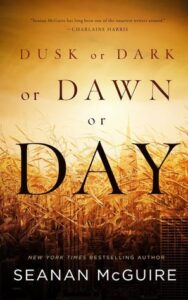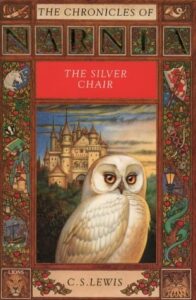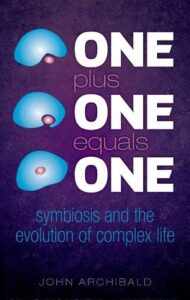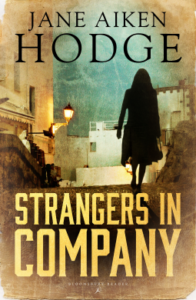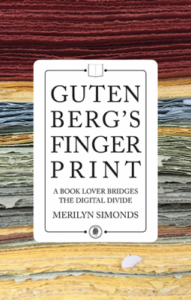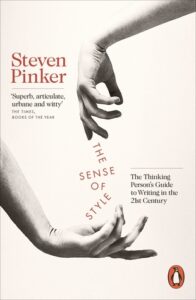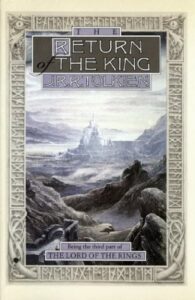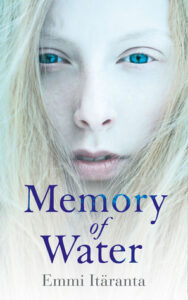 Memory of Water, Emmi Itäranta
Memory of Water, Emmi Itäranta
Memory of Water is a slow story, a story which takes all the time it needs to unfold. Although it’s post-apocalyptic and dystopian, the focus is more on the emotional journey of the protagonist, who comes to understand her world and her place in it. The background is really fascinating, amalgamating a Finnish setting with Asian tea ceremonies. The prose and the pacing all echo those tea ceremonies: deliberate, considered, every movement relevant and part of the whole.
It’s not about dramatic clashes between armies and civilians, sudden revolutions or dramatic government takeovers. Instead, it’s about surviving day to day, about choosing who you betray, about making your own path despite the constraints around you. It’s a slow dying of thirst, not a brutal death at the hands of strangers. It’s about seeing the world change around you, but so slowly you’re almost lulled into not reacting.
It’s about humans wrecking the world, and then making it hard for other humans to live with the consequences. It’s introspective, slow. The main character might well annoy most readers because of that slow narration and its philosophical bent.
I thought it was gorgeous — and I’m extremely impressed that Itäranta wrote it in both Finnish and English. In English, at least, it’s lyrical and beautiful and carefully crafted in a way that, yes, recalls that theme of the tea ceremony.

